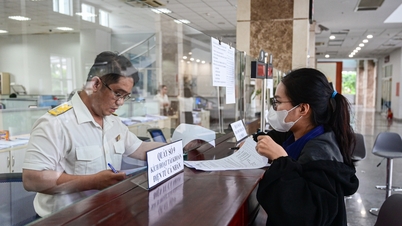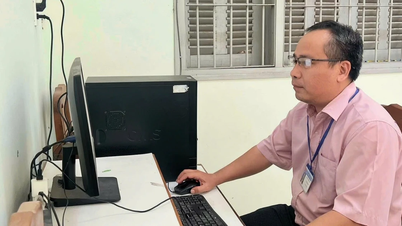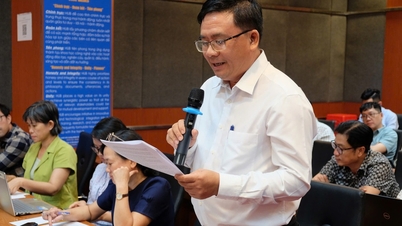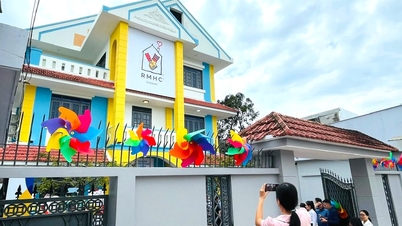According to regulations, the timetable on the digital lesson book will be updated every Monday, teachers can only adjust it on weekends. In each lesson, teachers must sign the number at the specified time, no later than 5 minutes after the end of the lesson; if they do not sign, the lesson will not be counted as teaching time. At the end of the week, the homeroom teacher and the principal will sign and close the book.
Mr. Nguyen Bao Quoc emphasized that the application of digital lesson books is an important step in digital transformation of education , aiming to synchronize teaching and school management activities in the digital environment according to Resolution 57.

Currently, the Ho Chi Minh City education sector has implemented many digitalization items such as electronic transcripts, financial management, facilities, teaching equipment, staff and students. In the coming time, the city will continue to recognize electronic diplomas and certificates, aiming for a comprehensive digital education ecosystem.
The use of digital grade books is expected to help synchronize educational data, improve classroom management efficiency, reduce pressure on teachers' records and books, and create a modern, transparent and convenient learning environment.
According to Mr. Quoc, the process of operating the digital class book is built on the basis of the city's education sector database, directly connected to the school management software. The digital class book is also linked to the electronic student report card, helping to automatically transfer comments and assessments from teachers, serving as the basis for evaluating students at the end of the semester and the end of the school year.
Source: https://vietnamnet.vn/tphcm-ap-dung-so-dau-bai-so-tai-toan-bo-truong-hoc-tu-nam-2025-2451339.html



![[Photo] Opening of the World Cultural Festival in Hanoi](https://vphoto.vietnam.vn/thumb/1200x675/vietnam/resource/IMAGE/2025/10/10/1760113426728_ndo_br_lehoi-khaimac-jpg.webp)


![[Photo] Unique Phu Gia horse hat weaving craft](https://vphoto.vietnam.vn/thumb/1200x675/vietnam/resource/IMAGE/2025/10/10/1760084018320_ndo_br_01-jpg.webp)
![[Photo] Ho Chi Minh City is brilliant with flags and flowers on the eve of the 1st Party Congress, term 2025-2030](https://vphoto.vietnam.vn/thumb/1200x675/vietnam/resource/IMAGE/2025/10/10/1760102923219_ndo_br_thiet-ke-chua-co-ten-43-png.webp)
































































































Comment (0)